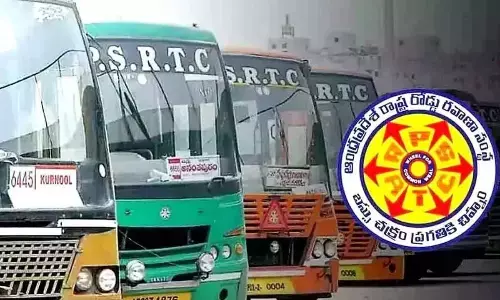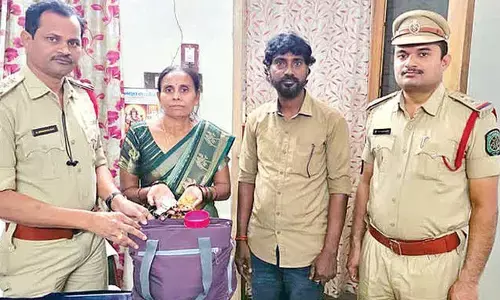Activists condemn verdict on RTI

The Madras High Court has said RTI applicants must give reasons for seeking information as it gave relief to its registry from disclosing file notings on a complaint against a chief metropolitan magistrate.
The Madras High Court has said RTI applicants must give reasons for seeking information as it gave relief to its registry from disclosing file notings on a complaint against a chief metropolitan magistrate. A division bench comprising justices N Paul Vasanthakumar and K Ravichandrababu said an applicant must disclose the object for which information was sought and also satisfy that such object had a legal backing. This order by the court may have far reaching implications on getting information under the RTI Act which was decried by legal experts and activists. This is surely a blow to transparency regime in the country.

“If information were to be furnished to a person, who does not have any reason or object behind seeking such informations, in our considered view, the intention of the legislature is not to the effect that such information are to be given like pamphlets to any person unmindful of the object behind seeking such information," the bench said. However, the legislature while passing the RTI Act, has specially incorporated Section 6(2) which says an applicant making request for information "shall not" be required to give any reason for requesting the information.
The Madras High Court order does not mention Section 6(2) of the Right to Information Act.
"We should not be mistaken as if we are saying something against the intention of the legislature. What we want to emphasise is that a legislation, more particularly, the one on hand, must achieve the object, viz, concrete and effective functioning of the public authority with transparency and accountability by providing the information which are under the control of such public authorities," it said.
Jaya Bindhyala, advocate and president, PUCL, says, “RTI is to fight corruption and white collar offences. This kind of judgment is a blow to Indian constitution and will help the culprits grow.”
According to Vasanth Goud, social worker, activist and advocate, “The Right to Information is a fundamental right and it is available to every citizen who is born in India. You are not supposed to give reasons for exercising those fundamental rights.”
A senior retired chief justice who is now practicing with the Supreme Court says that these kinds of judgment were given by Delhi High Court also.
“It is in violation of the law. It is also in violation of earlier rulings of the Supreme Court as the court says that seeking information under the RTI is a fundamental right. To exercise it, one need not give any reason. With this kind of orders, corruption is bound to increase as a common man can never fight the unjust system,” he noted.

















